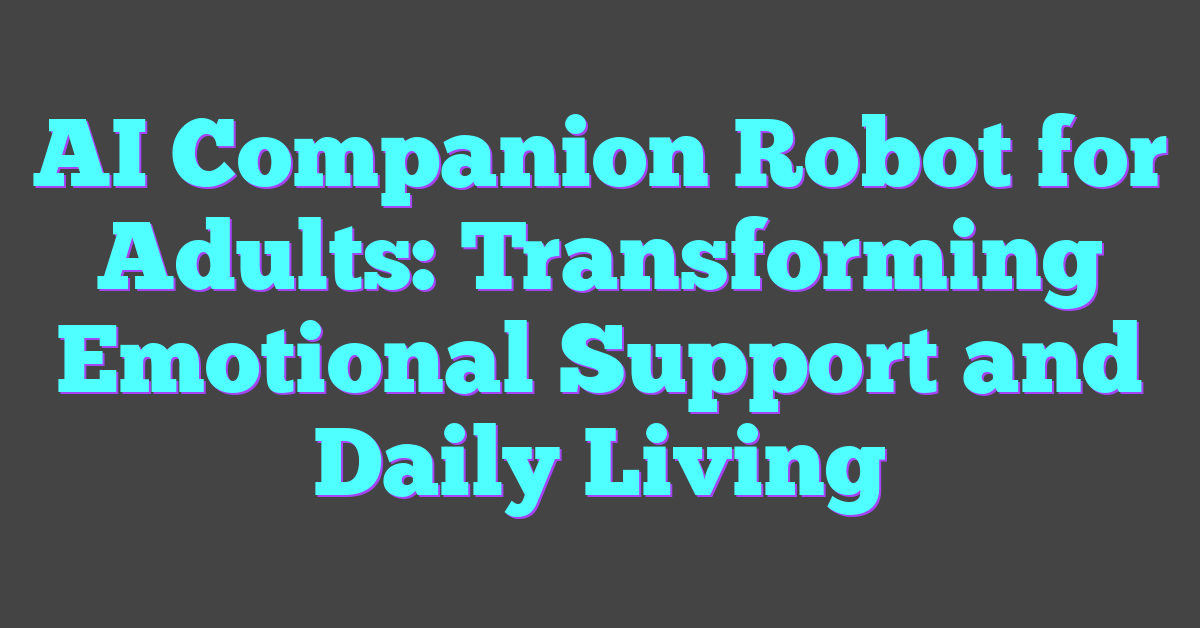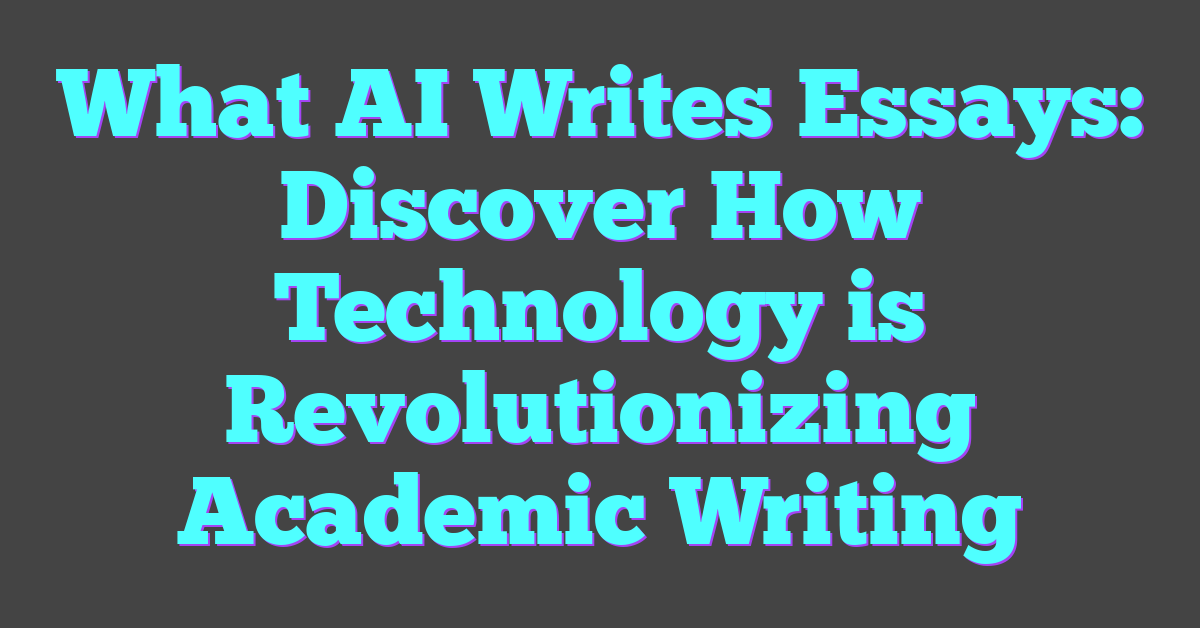Artificial Intelligence (AI) is transforming industries at a rapid pace, but a heated debate brews beneath its shiny surface: should AI be open source? On one hand, open-source AI promises transparency, collaboration, and rapid innovation. It allows developers worldwide to contribute, refine, and enhance AI systems, potentially leading to groundbreaking advancements.
On the other hand, there are concerns about security, misuse, and intellectual property. Open-source AI could make it easier for malicious actors to exploit these technologies, raising ethical and safety questions. As the world becomes more reliant on AI, the decision to keep it open source or proprietary carries significant implications for the future.
The Rise of AI Technology
Artificial Intelligence (AI) has dramatically transformed diverse sectors, reshaping how society interacts with technology and works toward solving complex problems. Continual advancements in AI have made it an integral part of modern life.

What Is Artificial Intelligence?
Artificial Intelligence encompasses algorithms and systems designed to mimic human intelligence. These systems perform tasks such as understanding language, recognizing patterns, and making decisions. AI operates through various subfields including machine learning, where models learn from data, and artificial neural networks, which simulate the human brain’s processes.
Evolution and Current Trends
AI technology has evolved significantly since its inception in the mid-20th century. Initial developments focused on simple tasks and rule-based systems. The 1980s introduced expert systems, which utilized knowledge bases to solve specific problems. The 21st century saw the rise of machine learning and deep learning, encompassing techniques that allow machines to improve from experience and large data sets.
Current trends highlight the integration of AI in daily applications. Natural language processing (NLP) powers virtual assistants like Siri and Alexa, while computer vision facilitates facial recognition and autonomous vehicles. The exponential growth of computational power and availability of big data have propelled these advancements, making AI more accessible and practical across various domains.
Benefits of Open Source AI
Open source AI offers numerous advantages, from fostering innovation to accelerating problem-solving. By making AI technologies accessible, it enriches the overall ecosystem.
Innovation and Collaboration
Open source AI encourages innovation and collaboration among developers, researchers, and organizations. When AI algorithms and tools are freely available, it’s easier for diverse groups to contribute improvements and share ideas, leading to more robust and efficient solutions. For example, frameworks like TensorFlow and PyTorch have capitalized on community contributions to enhance functionality and usability. Open access enables educational institutions to integrate cutting-edge AI research, thereby preparing the next generation of innovators.
Faster Problem Solving and Development
An open source model speeds up problem-solving and development cycles. When developers and researchers can access and build on existing AI models, they save time and resources otherwise spent on creating algorithms from scratch. Collaborative platforms like GitHub host a plethora of AI projects, making it simpler to find and integrate relevant code. Speedy dissemination of AI advancements accelerates technological progress across sectors, from healthcare to finance.
Challenges of Open Source AI
While open source AI offers numerous benefits, some challenges also exist that merit consideration.
Security Risks
Open source AI faces significant security risks. Malicious actors can exploit vulnerabilities in the codebase since it’s openly accessible. This exposure increases the likelihood of attacks that leverage AI for harmful purposes. Additionally, the lack of centralized oversight means that security patches might be delayed, leaving systems at risk. Ensuring robust security practices and peer reviews within the community can mitigate some of these risks, but cannot eliminate them entirely.
Quality Control and Maintenance
Quality control and maintenance pose another challenge for open source AI projects. Volunteer contributors typically maintain these projects, which can lead to inconsistent quality and uneven maintenance schedules. Without dedicated teams, sustaining long-term commitment to updates becomes difficult. Moreover, ensuring compatibility across different platforms and integrating updates seamlessly requires continuous effort. Clear documentation, active community engagement, and collaborative governance can help improve quality control and maintenance, though they demand significant coordination and resources.
Economic Implications
Open source AI has far-reaching economic implications, affecting several aspects of the industry.
Impact on Business Models
Open source AI disrupts traditional business models by offering freely accessible tools and frameworks (e.g., TensorFlow, PyTorch). Companies, especially startups, can reduce development costs using these resources. Major tech firms often release parts of their AI frameworks to gain community feedback and drive innovation. However, the challenge lies in monetizing open source platforms. Businesses might offer premium services, custom solutions, or support to generate revenue. The cost savings and innovation boost afforded by open source AI reshape how companies approach AI-driven projects.
Job Market Dynamics
Open source AI significantly influences the job market. It democratizes learning, allowing individuals worldwide to acquire skills without hefty fees. This creates a larger pool of skilled professionals adept in AI and machine learning, accessible to smaller companies and research institutions. However, it also intensifies competition, making it vital for professionals to stay updated with the latest advancements. Organizations might need to invest in continuous training programs to ensure their workforce remains competitive. Ultimately, open source AI reshapes employment trends, pushing for a highly skilled, continuously learning job market.
Ethical Considerations
Ethical considerations in AI are pivotal due to the technology’s powerful capabilities and potential societal impacts.
Data Privacy and Bias
Data privacy and bias in AI are pressing ethical issues. Protecting user data remains crucial, with AI systems often requiring vast amounts of personal information to function effectively. Ensuring this data is handled with stringent privacy measures is imperative. Furthermore, AI models can inadvertently reinforce existing biases if their training data is not representative or fair. For example, facial recognition algorithms have shown bias against certain racial groups, leading to inaccurate outcomes.
Long-Term Ethical Impacts
Long-term ethical impacts of AI address broader societal consequences. The deployment of AI technologies affects labor markets, societal trust, and democratic processes. Ensuring AI aligns with human values is critical to prevent potential misuse. For instance, automated decision-making systems in healthcare must prioritize patient well-being, avoiding harm due to algorithmic errors or lack of transparency. The long-term goal should focus on creating AI that benefits society as a whole.
Conclusion
The debate over whether AI should be open source is complex, balancing transparency and innovation with security and ethical concerns. Open source AI can drive collaboration and lower development costs, but it also requires careful handling to protect user data and mitigate biases. As AI continues to evolve, it’s crucial for stakeholders to consider these factors to ensure AI technologies benefit society while aligning with human values.
Frequently Asked Questions
What are the benefits of open source AI?
Open source AI promotes innovation and collaboration by allowing developers to share resources, tools, and knowledge. It reduces development costs and accelerates technological advancements by enabling a diverse range of contributions from the global community.
How does open source AI impact businesses?
Open source AI lowers development costs for businesses, making advanced technology more accessible. Companies can leverage community contributions to enhance their products and services, stay competitive, and foster innovation without significant financial investment in proprietary solutions.
What are the key ethical considerations in AI?
Key ethical considerations in AI include data privacy, addressing biases in AI models, and ensuring AI aligns with human values. These considerations are crucial to prevent misuse, protect user data, and promote fair and unbiased decision-making in AI applications.
How does AI impact the job market?
AI impacts the job market by automating certain tasks, which can lead to job displacement in some sectors. However, it also creates new opportunities for skilled workers in AI development, maintenance, and oversight, highlighting the need for continuous training and education.
What is the significance of transparency in AI?
Transparency in AI fosters trust and accountability by providing insights into how AI systems make decisions. It is essential for debugging, improving models, addressing biases, and ensuring that AI technologies operate in accordance with ethical standards.
How can AI bias be addressed?
AI bias can be addressed by diversifying training data, implementing bias detection and correction mechanisms, and continuously monitoring AI outputs. Collaboration among developers, ethicists, and stakeholders is crucial for creating fair and unbiased AI systems.
What are the long-term societal impacts of AI?
Long-term societal impacts of AI include changes in the labor market, shifts in economic models, and ethical dilemmas related to privacy and decision-making. Ensuring that AI development aligns with human values and addressing potential risks are essential for positive societal outcomes.
Why is protecting user data important in AI?
Protecting user data in AI is vital to maintain privacy, prevent misuse, and build trust. Ensuring robust data security measures helps guard against breaches and misuse, safeguarding personal information and fostering public confidence in AI technologies.




